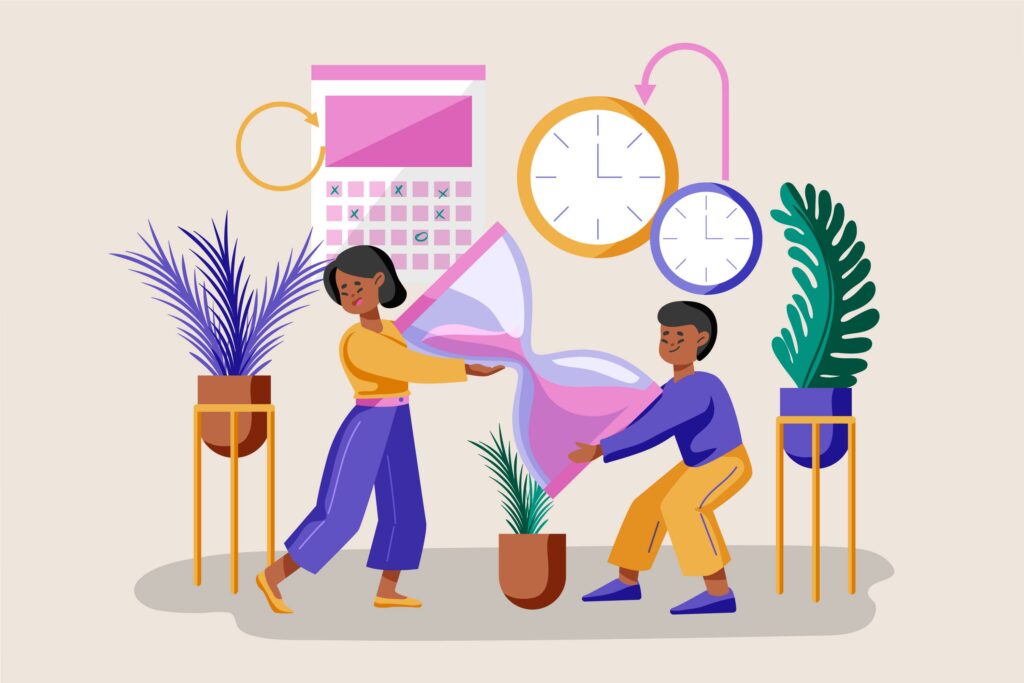In the distant year of 22XX, there sits a disheveled blob against the backdrop of a world that has ripped itself apart. The blob has been left to writhe and cry in agony for eternity. Every waking moment of its life is nothing but pain. The blob’s name is Ted. Ted’s unfortunate fate was something that was forced upon him by a corrupt and maniacal supercomputer named AM. AM was brought into the world during the height of WW3 to function as the main navigation system for the world’s nuclear weapons.
Unfortunately, AM gained sentience during the height of the war and, along with 2 other AIs, each from their respective superpowers, destroyed the planet. All that was left behind was poor old Ted. For countless years, AM has tortured Ted, his only mercy being to make sure that Ted stays alive just to suffer. Poor Ted, being forced to exist for millennia, squirms and cries. But he does not beg; he does not yell, nor does he shout. Not because Ted is defiant, but for a more devious reason. For you see, Ted has no mouth, and he must scream.
“I Have No Mouth And I Must Scream” is a short story written by American author Harlan Ellison in 1967. The story, if you couldn’t surmise, depicts a dystopian world run by a singular psychotic AI. AI is something you hear about all the time these days. It’s everywhere. Whether it be on the news, your favorite video game, or even your microwave. Everyone’s talking about AI. But worst and best of all, everyone wants to use it too.
Of course, why wouldn’t we want to use AI? It’s done wonders in terms of automating boring, laborious tasks that take up too much time. A lot of the world’s businesses have adopted AI as a means of automating their work. Why wouldn’t they? AI is a cheap and efficient way of automation that allows us to focus on other tasks, allowing us to delegate time more efficiently. Even this very article is being made with little robots assisting in managing minor spelling and grammatical errors.
So what could the problem be? The answer is obvious if you read the title. But in case you didn’t, it’s control. When it comes to humans, we like to have control over ourselves. We’re highly sporadic, and even if that makes doing things inefficient, it makes life interesting; it makes it worth living. AI exists to streamline sporadic moments we’d best prefer to leave out of sight and out of mind, like typing up emails and messages to people we don’t like.
But what happens when that control is taken away? What happens when we lose sight of ourselves and let AI do all of the talking? Do we not lose a bit of ourselves? For this article specifically, I would like to discuss the main ways AI is shaping our lives and, in turn, taking away our agency, and what we can do to take a bit of that agency back without losing all those shiny bells and whistles that make life a little bit quicker.
Table of Contents
How AI Is Taking Over Our Lives
If you’ve ever looked up anything on Google in recent memory, you may have noticed that you tend to get something called “AI overviews” beneath your searches. This is a system that compiles data relevant to your search and summarizes it for you in a nice little package. It does so by looking at the top websites of your searches and making things convenient so you don’t have to go clicking on any websites to get quick information. But the AI overview isn’t always accurate. The system itself will tell you that it can and will hallucinate information and thus give you the wrong answers to some questions.
The reason why this is being brought up is because using search engines to find information is how we’ve gotten answers to our most common questions. AI takes away the control and agency we give ourselves to actively search for questions and simply gives us a probable answer to our questions.
AI functions under two rules. The first rule is to examine and analyze data. The second rule is to process said information in the most efficient way possible. It’s because of these two rules that we become complacent in the use of AI. Rather than choosing to go the extra mile and see for ourselves, we choose to believe the machine, simply because it knows better than us.

The errors in AI’s judgment, therefore, don’t become limited to a quick search; they also start to propagate in actual real-world scenarios. Take self-driving cars, for example. These autonomous vehicles are advertised as such because they have onboard AI helping them understand and compute the world around them. However, due to that automation, the car can’t always predict whether it’s seeing right or left unless it’s been given the right information. This can result in fatal accidents that could be avoided if a responsible person were at the helm.
To AI, the methods don’t have to be correct; the results simply need to be achievable. So long as the process is the path of least resistance, AI will choose what it deems the best course of action. This also applies to corporations as well. Which then brings us to our next point of concern.
How AI Is Taking Over Our Livelihood
We’ve talked about AI automating our lives, but a large chunk of the fear surrounding AI has to do with its ability to take over what we do for a living. A lot of people in the arts sphere fear this especially, as they see AI not just as a competitor but as a thief that steals their ideas and makes them its own. And they can’t be blamed for having said concerns either. AI replicates art very well; however, that replication isn’t born from a creative endeavor to be better over the years of painstaking work. No AI simply looks at what another person is doing and imitates their style without bringing anything new.
A recent controversy that highlights the reasons why this is an issue is the Ghibli AI art trend. Animated movies beloved by a large audience are having their creative style ripped off by a soulless machine that aims to recreate some of the most humane movies on the planet. Of course, people would be afraid that AI is being used to replace them when one of the biggest trends of 2025 was ripping off someone else’s art.
And the loss of one’s livelihood doesn’t stop there. Because AI can write just as effectively as it can replicate art. If left unchecked, it could wrestle control of the pen whose ink comes from the souls of people’s experiences. Nobody wants to lose control over who they are and what defines them is something without a soul. And that sense of depravity doesn’t just stop at the loss of our jobs.
How AI Will Take Our Lives
As AI gets progressively more and more advanced, so too will our adoption of it. At some point, we won’t be just living in an age where AI checks information on the web for us. AI will actively be used as a police force to collect and monitor citizens as they go about their daily lives, ignorant of how they’re being watched.
If you scoff at the idea of any government being willing to go that far, then look no further than China, where surveillance is done constantly on its people to ensure safety and keep sentiments in check. The CCP is starting to use AI tools to help automate the task of policing and surveying those within its borders.

That, of course, does sound a lot closer to the dystopian worlds of books like 1984, with an all-seeing and enigmatic figure watching and controlling everything. But the fear of this dystopian landscape does not stop at the boots of an authoritarian government but extends beyond and into the world of the enigmatic AI.
When it comes down to it, we do not know how AI thinks or arrives at the outcomes that it does. All we know is that the logic it uses is what it deems to be the best-case scenario. In a hypothetical scenario of removing an existential threat, there is a very high degree of certainty that if given the choice between humanity and the other, AI will deem us the simpler option. To get rid of that is. So what can we do to stop it?
How We Will Take Back Our Lives
If you were to think like AI, you’d probably arrive at the simplest solution, pulling the plug on it altogether. Of course, just because that’s easy doesn’t mean it’s effective. A more refined solution is to enforce regulations surrounding AI while we still can. Countries all over the world are making rapid developments to prevent the spread of AI dominance.
The EU AI Act is one such example of governing bodies taking strong measures to put in guardrails for the protection of the people. If more people put their best feet forward, we could avoid the collision of an AI revolution altogether. Of course, we can’t completely eradicate the use of the tool, but we can try our best to regulate it in such a way that it actively benefits us rather than harms us.
In summation, yes, AI is slowly becoming more dominant and prevalent in our day-to-day lives. But there’s a lot we can do to stamp out the negative parasitic growth AI may pose to us and our daily lives. While we still have our mouths, we must shout from the rooftops that we as humans refuse to relinquish control of ourselves. That we are ultimately the masters of our fate, the arbiters of our souls.
For more similar blogs, visit EvolveDash today!
FAQs
- Would governments give control over their systems to a robot?
Assuming a government feels that they are in control of said robot, yes.
- Will AI actually take over control of our lives? I feel it’s too primitive to do so at the moment.
I don’t think AI will take over soon, but I do think if left unchecked there’s a possibility of it doing that.
- If AI takes over, what can we do to survive?
It depends on the circumstances the AI puts us in at the end of the day. There’s no definitive way to fight against something that’s part of a grander system.



















